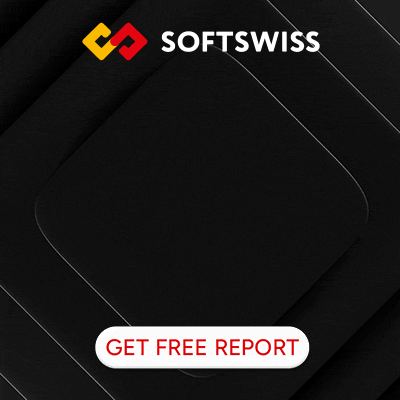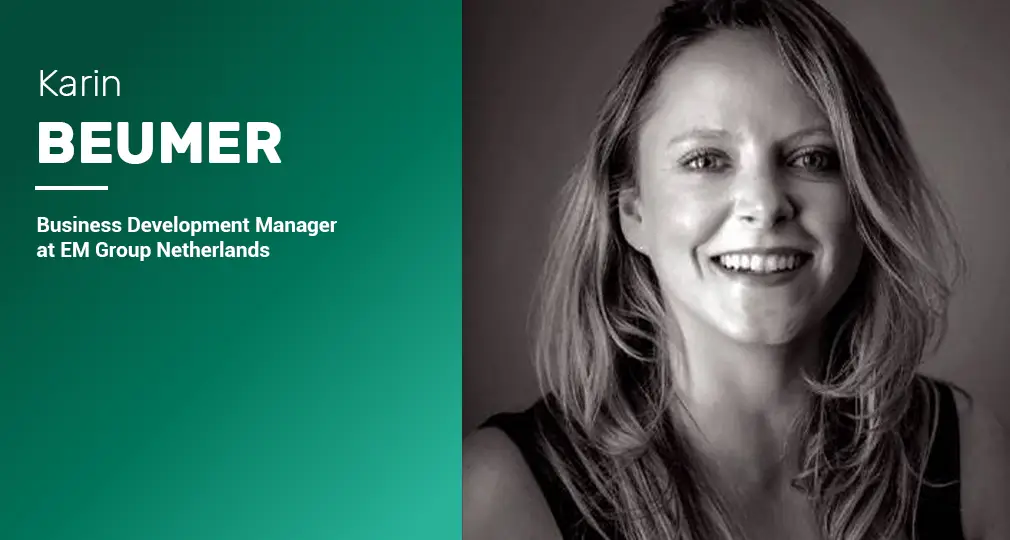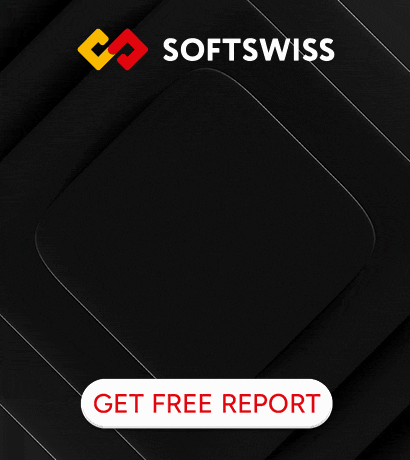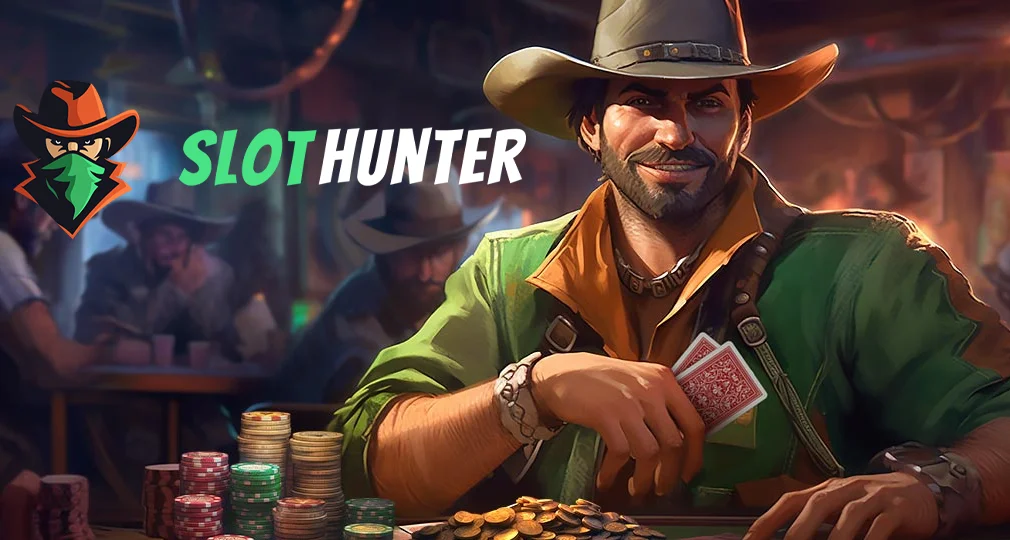The launch of the Netherlands’ online market has been much discussed in the news about the gambling legislation worldwide. However, many questions still remain open and lack explanation.
Karin Beumer, Business Development Manager at EM Group Netherlands, has explained what the segregation of players’ funds is, whether it is difficult to obtain a Dutch gambling license, and how increased gambling taxes will influence operators.
Please tell Login Casino readers more about the Netherlands’ regulatory regime in the gambling industry, especially about the obligatory separation of a player’s funds.
As most readers will know, the Netherlands is in the process of opening up its online gaming market. The new license will launch as of October 1st of this year, and the Dutch regulator (the “KSA”) has placed much emphasis on the protection of players. Not only from an addiction prevention perspective but also with regards to protecting their online and financial position. Therefore, operators applying for a Dutch license must adhere to strict regulation, which is slightly different from regulations in other jurisdictions.
One important aspect that has been heavily discussed by those involved, is the separation of player funds from the operator’s own risk baring capital. Although the requirement is not that uncommon, the options provided by the Dutch regulator to obtain this separation are somewhat unknown.
Operators may choose to separate their players’ funds by means of a banking guarantee, by means of a third-party account (in Dutch: derdengeldenrekening), or a third-party funds foundation (in Dutch: stichting derdengelden). And then there is the option “other”, which gives the operators the possibility to find another solution. In the last case, however, the Dutch regulator reserves the right to postpone their decision, which might cause the operator license not to be ready when the market opens.
To continue the previous questions, what difficulties will operators face with funds segregation?
The difficulty with the options provided by the KSA is not the options themselves. They are clear and understandable and provide strong measures to separate the players’ funds from those of the operator.
The issue is that the separation options are difficult to obtain as banks in the Netherlands, as elsewhere, are hesitant to enter into a professional relationship with companies related to online gaming. Keeping in mind that, for most of the options, a Dutch bank is required, or at least a bank with a license to operate in the Netherlands. When a gaming company or its corporate structure does not have an existing relationship with such a bank, it is difficult to obtain such a guarantee.
When the bank is willing to provide the operator with a guarantee, other factors come into play: who will be appointed as beneficiary(ies) of the guarantee, and also the costs: when you have a company with EUR 2 million in annual outstanding player funds, a guarantee could set you back EUR 50K per year, no other services included.
The third option is the third-party funds foundation. At first sight, this option seems to be the most time-consuming and difficult option to many. In our opinion, this is the safest, most structurally sound, and maybe the least time-consuming option for operators, as they would not have to do much after the incorporation of the foundation.
The foundation is strongly embedded in Dutch corporate law and only exists for one purpose, in the case of online gaming and third-party funds, to keep the players’ funds safe. There are clear rules when it comes to the management of a foundation and clear rules for when something goes wrong. Furthermore, you will also have a management board and a supervisory board consisting of knowledgeable individuals to make sure that when issues arise, everything is taken care of correctly and legally.
In your opinion, what will change in the Netherlands after the market launch in October 2021?
We are already seeing some changes when it comes to gambling, online, and land-based. Previously, gambling was very restricted in the Netherlands, and you would not see any commercials or advertisements in the streets. But now this is changing, and when you see a commercial for (online) gaming, it will certainly catch your eye, as it did for many people watching the European Football Championships in the Netherlands. To protect consumers, the Dutch regulator has provided many rules to adhere to when you want to advertise, but many existing and new operators will want to jump on this train because visibility is guaranteed at this moment.
How difficult is it to get a license for launching an online casino in Holland? What are the major obstacles?
In general, it is not more difficult than in other jurisdictions to obtain a license. The Dutch regulator has provided their guidelines, and the rules are clear. However, the guidelines are in Dutch, and the application must also be entirely in Dutch. We have seen instances where the operator’s application was rejected because of using English wording even though they are commonly used in the Dutch corporate landscape.
Also, corporate governance and regulatory oversight are very important in the Netherlands, and therefore much emphasis is placed on compliance. In addition to strict rules for the prevention of addiction and as discussed, player protection in the form of separation of a player’s funds, it is recommended to have, or hire, a thorough understanding of the Dutch regulatory environment and regulations when applying for a license.
What about the compliance with AML provisions in the Remote Gambling Act? Will it be not that easy for operators to fulfill?
The Netherlands has always been very strict when it comes to AML provisions for its corporate landscape. It is a great country to start a business with great opportunities, but you must make sure that your company is compliant and understands the rules, especially when it comes to financial and non-financial transactions and client backgrounds.
More recent improvements of regulatory oversight come to mind, such as the European directive DAC6 for cross-border transactions and the Dutch UBO register. Transparency is key, and the license application procedure with the Dutch regulator reflects this. However, this does not mean that the Netherlands should be seen as a specifically difficult country for operators, this should be applauded: we see the opening of the Dutch market as an opportunity to raise the bar worldwide and to brush up the online gambling image everywhere.
One of the upcoming law provisions is the requirement for gambling companies to have a strategy for fighting against gambling addiction. What should it include?
This remains a very difficult subject. In our opinion, addiction prevention cannot go far enough, we have a responsibility towards our customers and our youth. However, we do think that in regulated markets, such as the Netherlands, risks are minimized.
Besides that, operators and platform developers are coming up with innovative ways to prevent addiction. By having an open, clear, and regulated market, you create an open and clear environment for people to enjoy gaming responsibly and help the prevention of addiction.
In an open market, the “taboo” will pass slowly but steadily, problem players will find help more easily, have more resources to put on the brakes themselves, and more understanding from the people around them. Operators, the regulator, and other industry professionals taking responsibility for the prevention of addiction is very important. Addiction prevention starts and ends with regulation.
What do you think about the increased gambling levy in the Dutch market under the KOA? Will it stimulate the development of the black market?
In our line of work, we have heard the concerns operators have when it comes to the relatively high Dutch taxes. This increase will certainly not be something any operator enjoys hearing. Whether or not it will stimulate the black market is difficult to say. But we do not think that those operators who have been busy preparing to enter the Dutch market and are in the process of their application for October or the next phases, will back down.
Read more: Top Affiliate Networks in Nordic Countries













